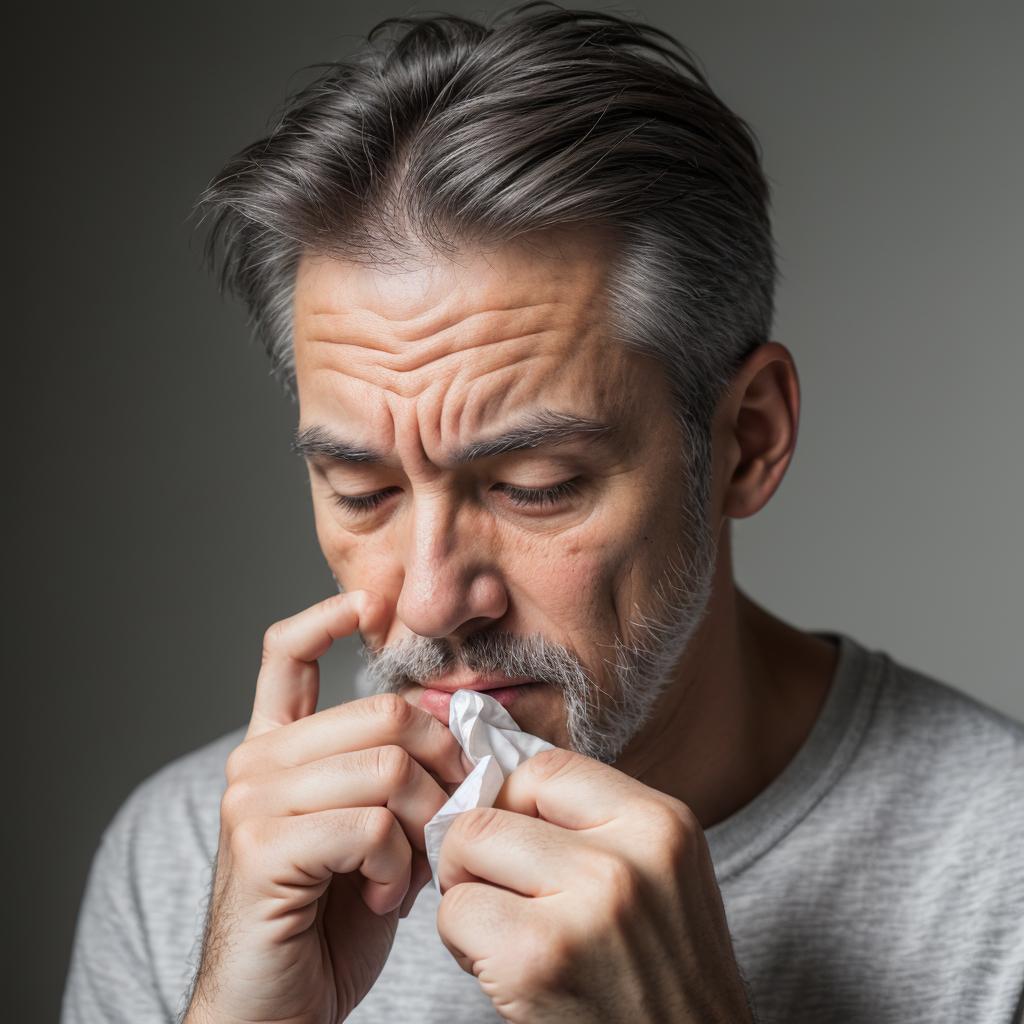
Mosquitoes are tiny insects that can cause big problems for some individuals.
While most people experience only minor discomfort from mosquito bites, others may have allergic reactions that can range from mild to severe. Understanding the symptoms of mosquito bite allergies and knowing how to manage them is crucial for those who are affected.

Recognizing mosquito bite allergy symptoms
For individuals with mosquito bite allergies, reactions can vary widely. Some common symptoms include:
- Redness and Swelling: After being bitten by a mosquito, the affected area may become red, swollen, and itchy.
- Hives: Raised, itchy welts (hives) may develop on the skin surrounding the bite.
- Localized Allergic Reaction: In some cases, individuals may experience a more severe allergic reaction at the site of the mosquito bite, such as blistering or bruising.
- Systemic Allergic Reaction: Rarely, mosquito bite allergies can cause a systemic reaction, leading to symptoms such as difficulty breathing, dizziness, and swelling of the face or throat. This type of reaction requires immediate medical attention.
Diagnosis
If you suspect that you or someone you know may have a mosquito bite allergy, it’s essential to seek medical advice. A healthcare professional can evaluate the symptoms and determine the appropriate course of action. In some cases, allergy testing may be recommended to confirm the diagnosis.
Treatment options
Managing mosquito bite allergies involves both preventive measures and treatment for symptoms. Here are some strategies that may help:
- Avoidance: Minimize exposure to mosquitoes by using insect repellent, wearing long sleeves and pants, and avoiding outdoor activities during peak mosquito hours.
- Topical Treatments: Over-the-counter creams or ointments containing antihistamines or corticosteroids can help relieve itching and inflammation.
- Oral Antihistamines: Taking oral antihistamines can also help reduce itching and other allergic symptoms.
- EpiPen (Epinephrine): For individuals with severe allergic reactions, carrying an epinephrine auto-injector (EpiPen) is essential. This can quickly reverse symptoms of anaphylaxis in emergencies.
- Immunotherapy: In some cases, allergen immunotherapy (allergy shots) may be recommended to desensitize the body to mosquito allergens over time.
When to seek medical help
While most mosquito bite allergies can be managed with home remedies and over-the-counter medications, it’s crucial to seek medical attention if:
- The symptoms worsen or persist despite treatment
- There are signs of a systemic allergic reaction, such as difficulty breathing or swelling of the face
- The affected individual has a history of severe allergic reactions
Mosquito bite allergies can cause significant discomfort and, in severe cases, pose a serious health risk. By recognizing the symptoms of mosquito bite allergies and knowing how to manage them effectively, individuals can minimize their impact on daily life and enjoy outdoor activities with greater peace of mind. If you suspect that you or someone you know has a mosquito bite allergy, don’t hesitate to seek medical advice for proper diagnosis and treatment.



